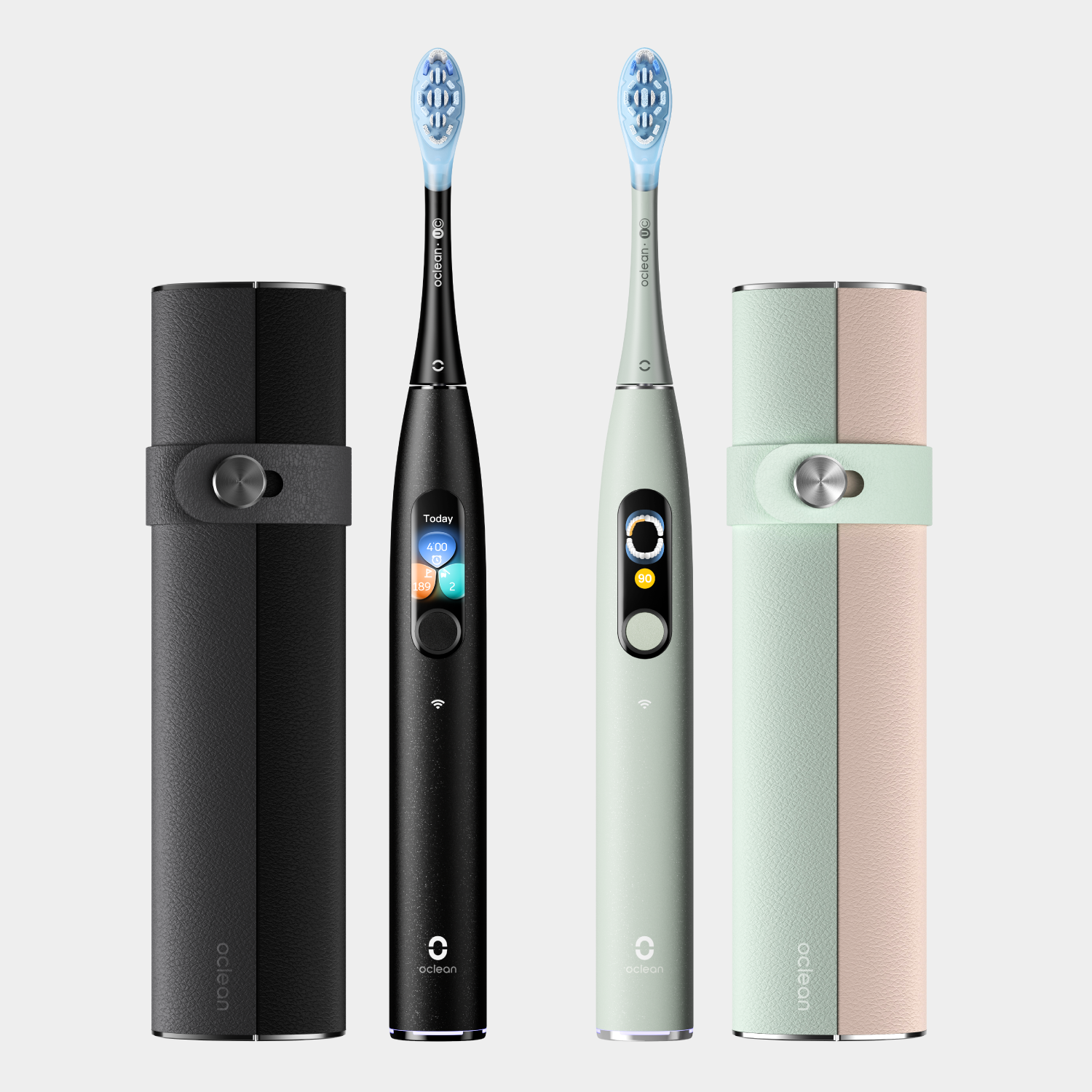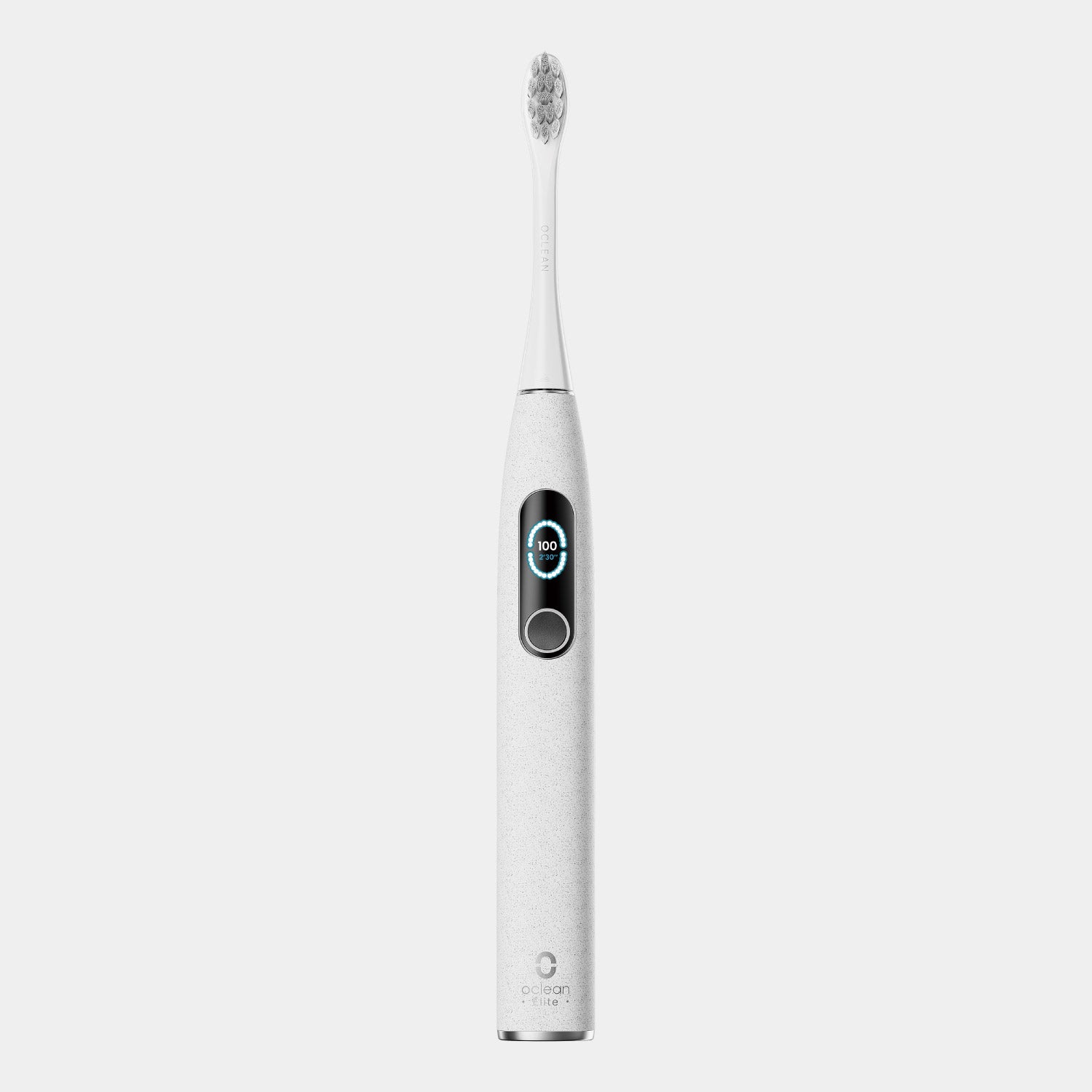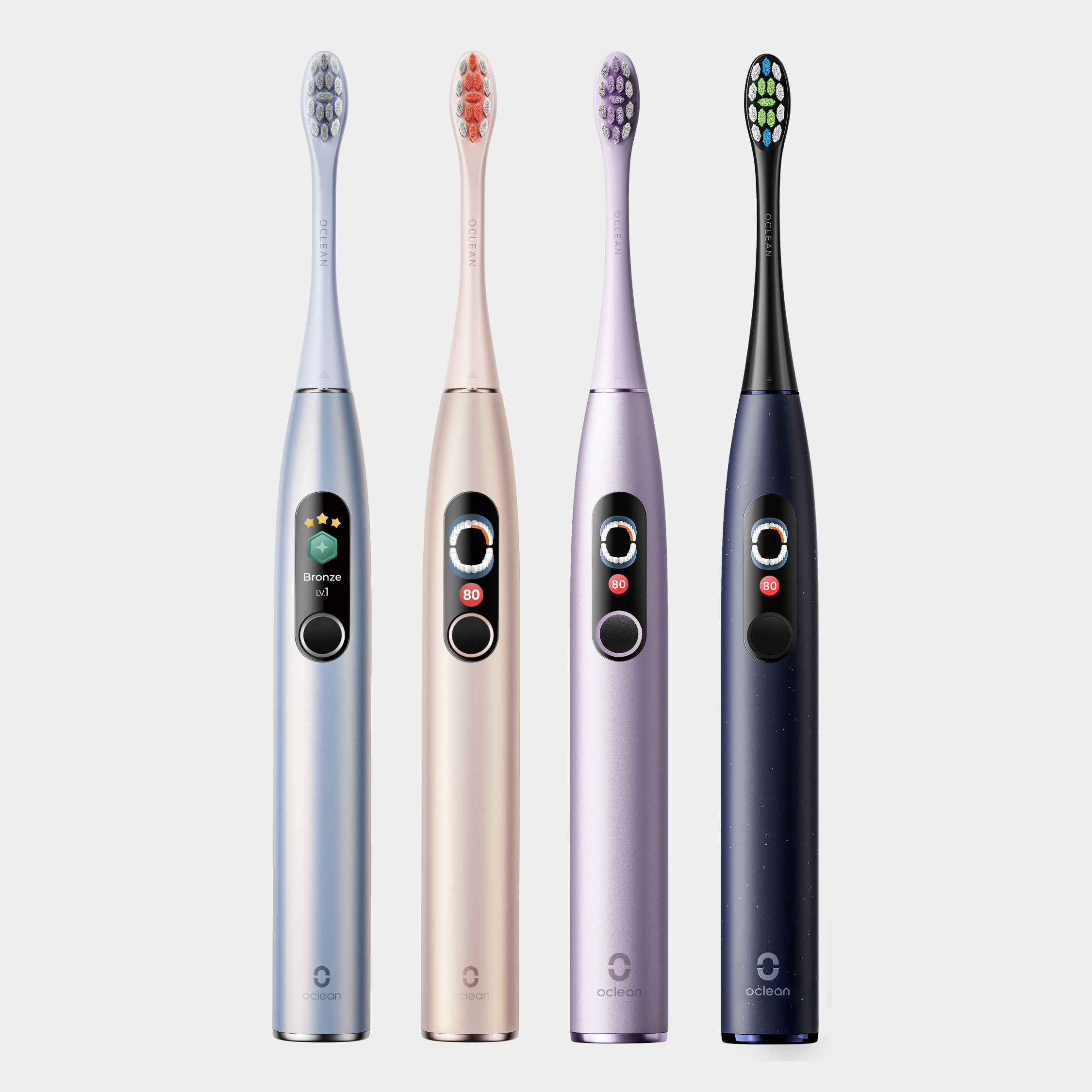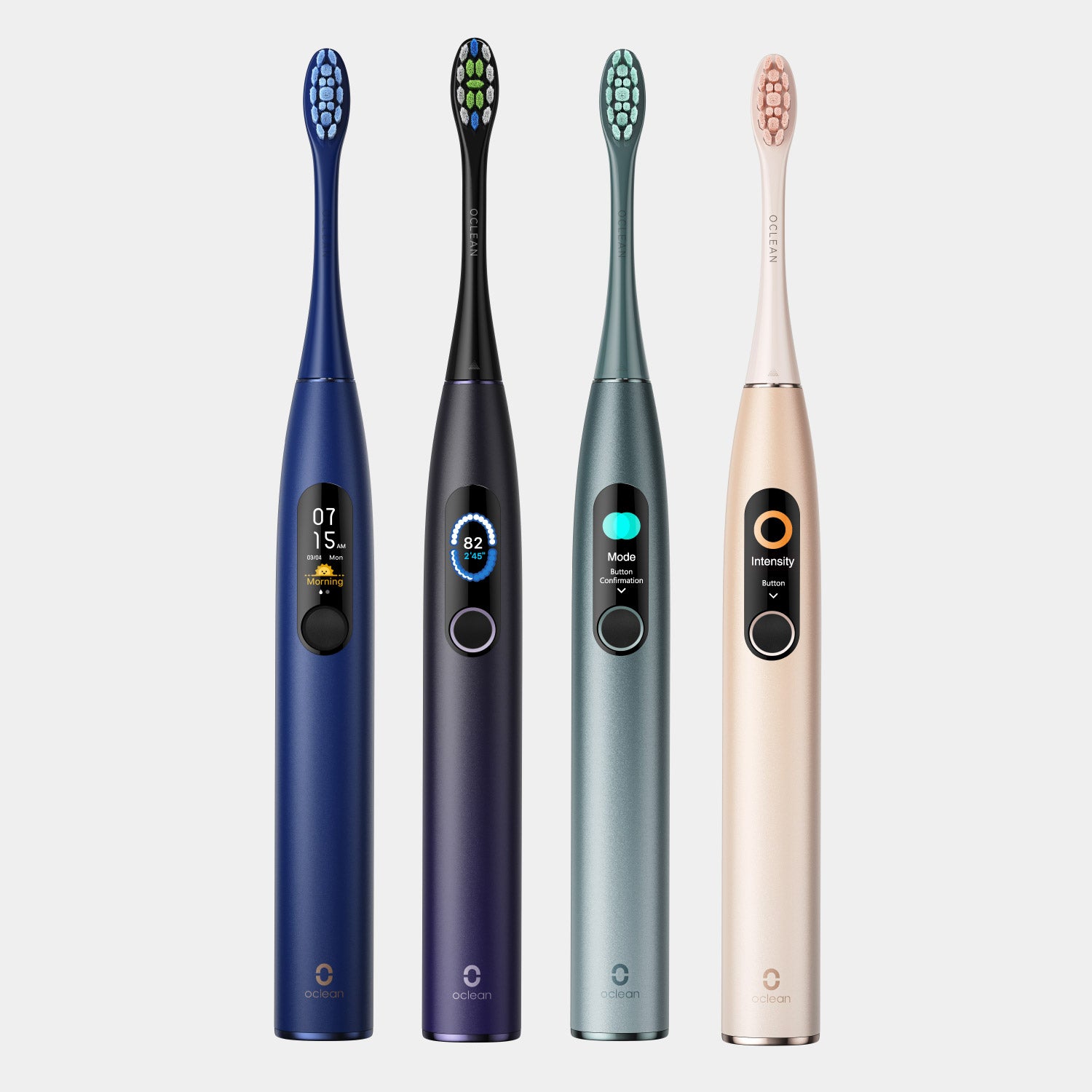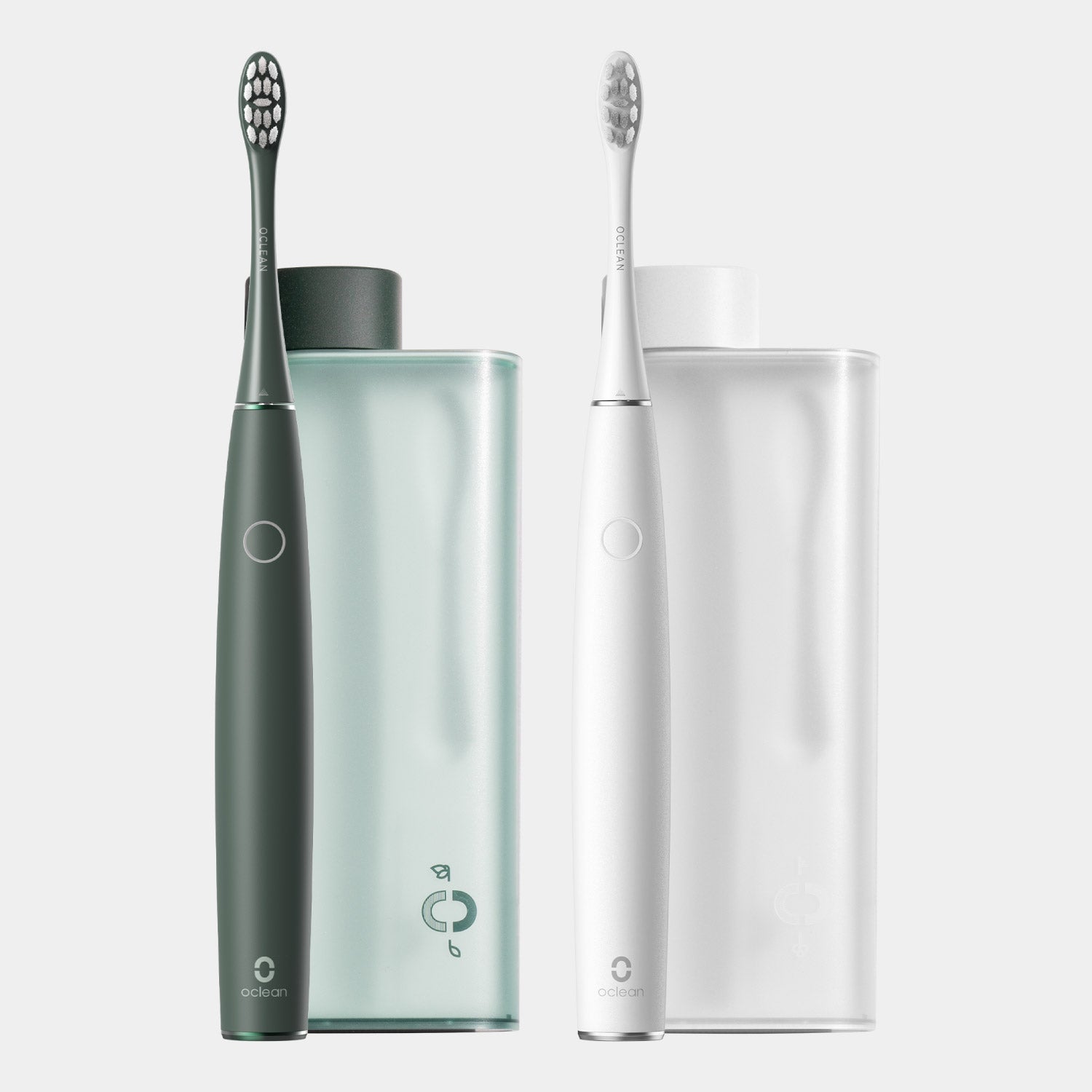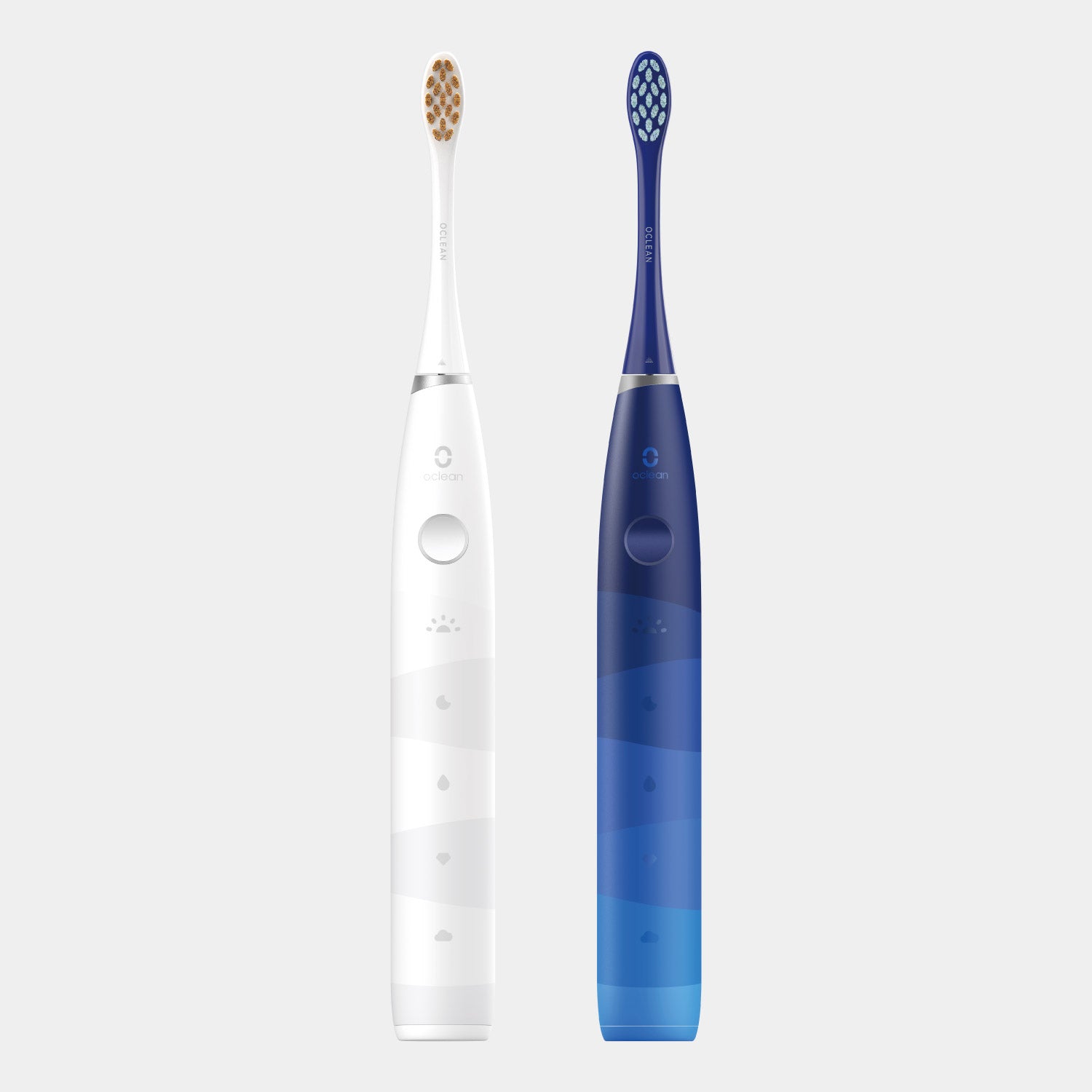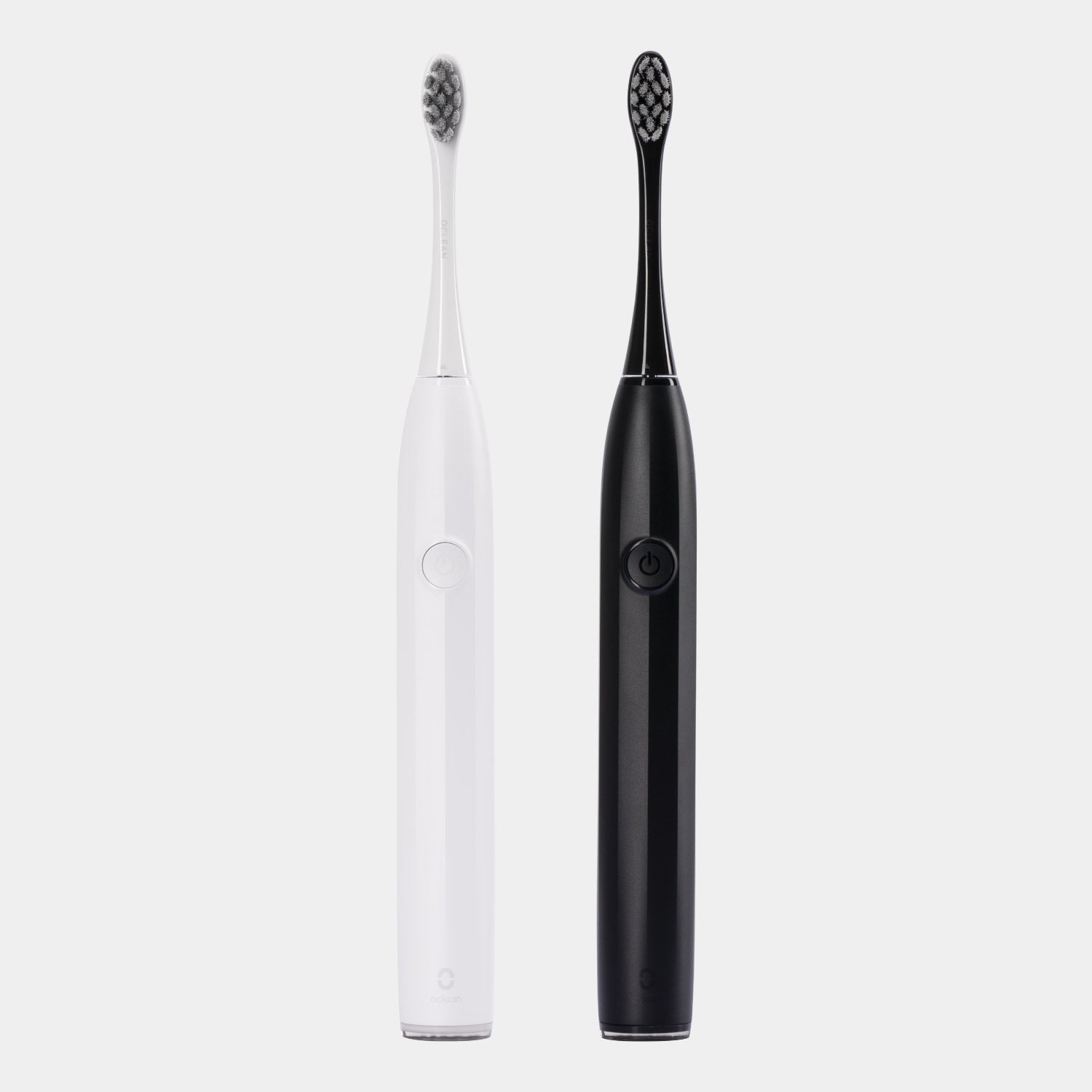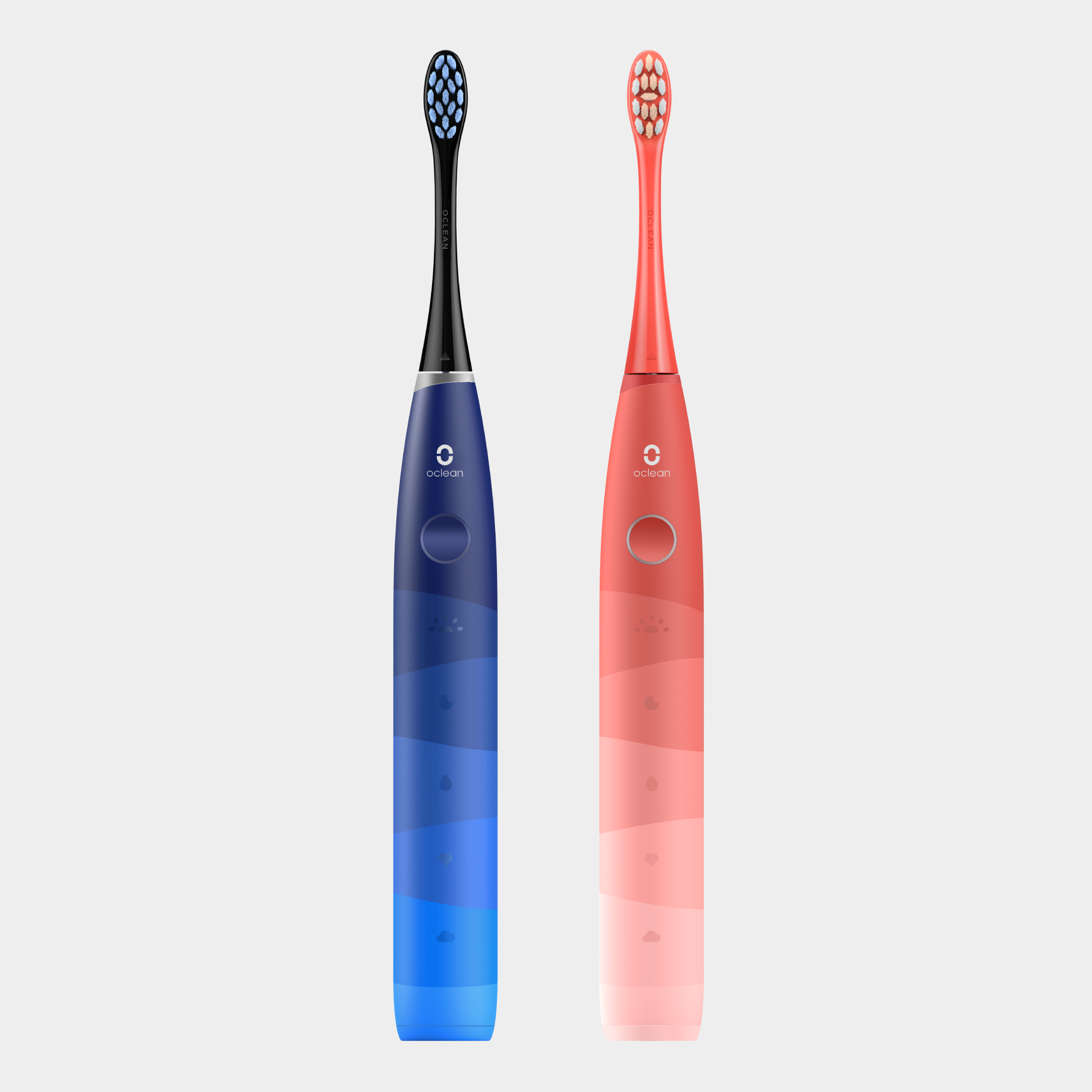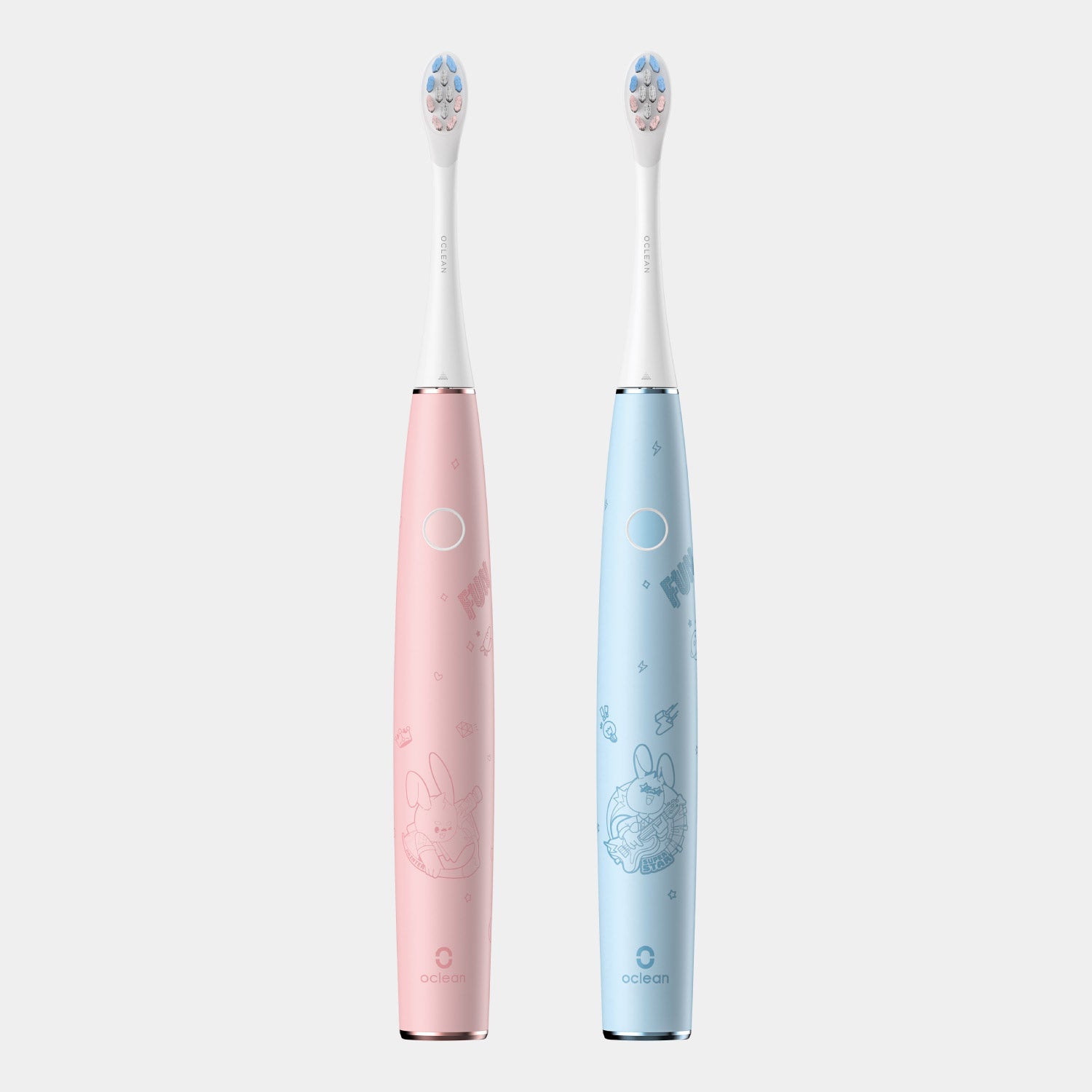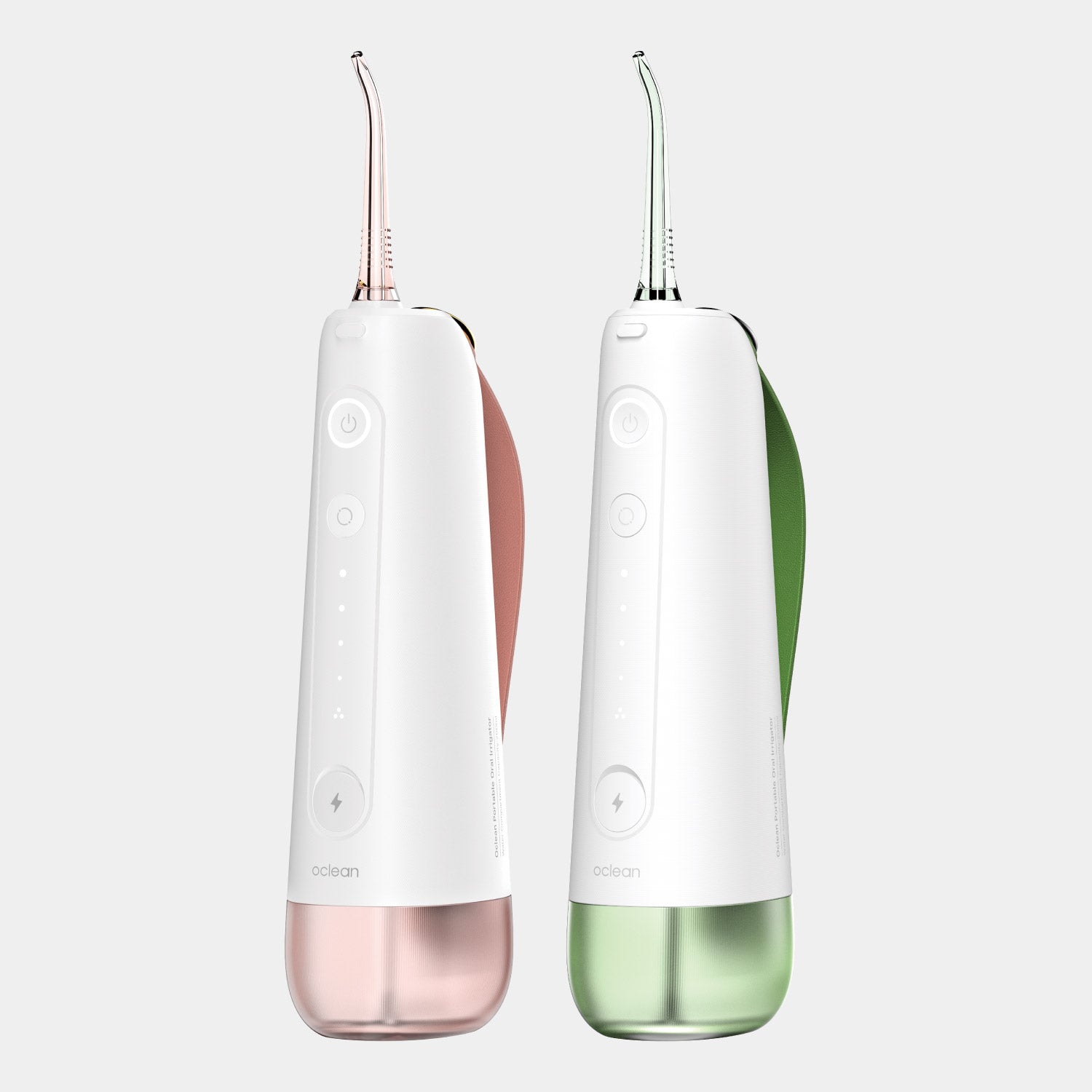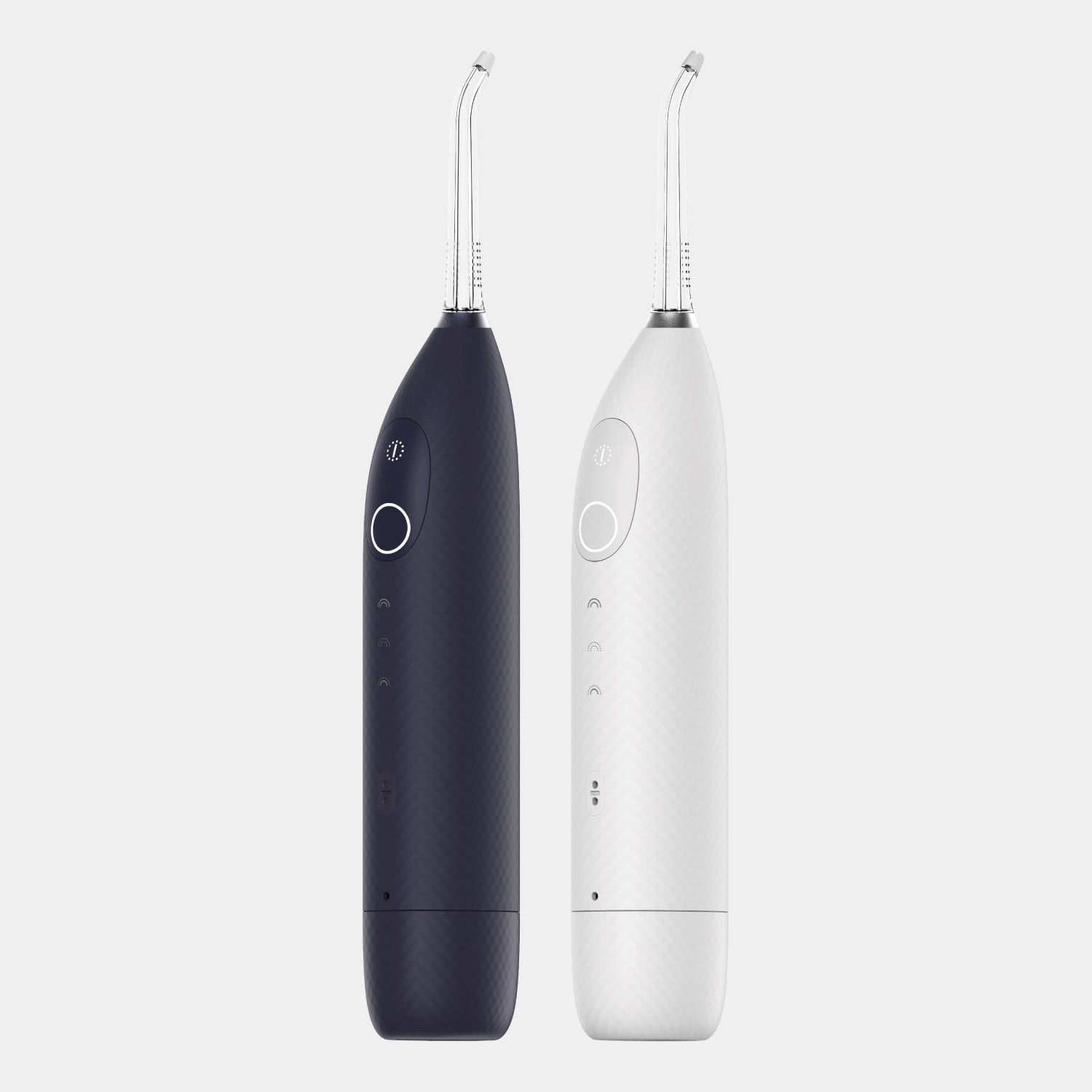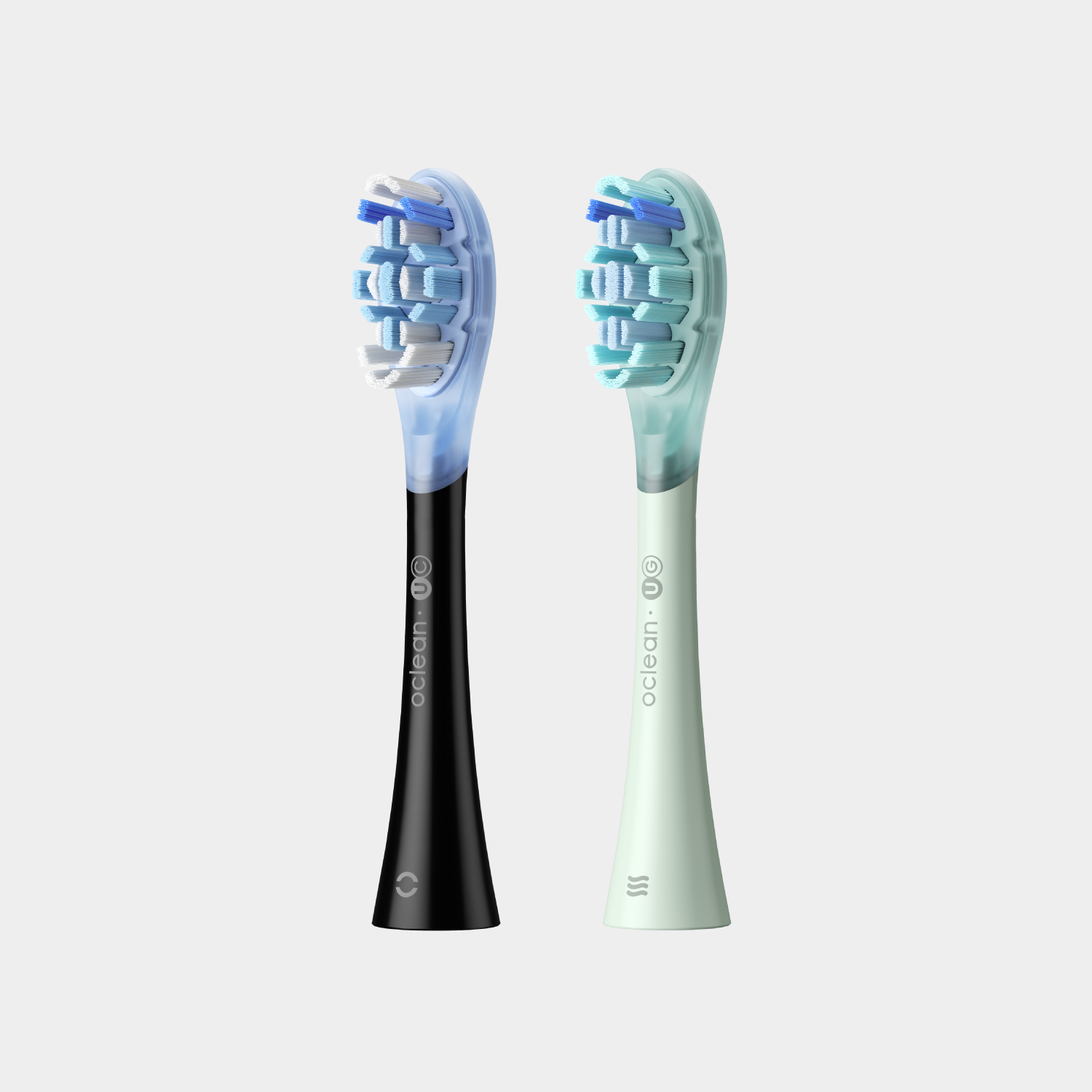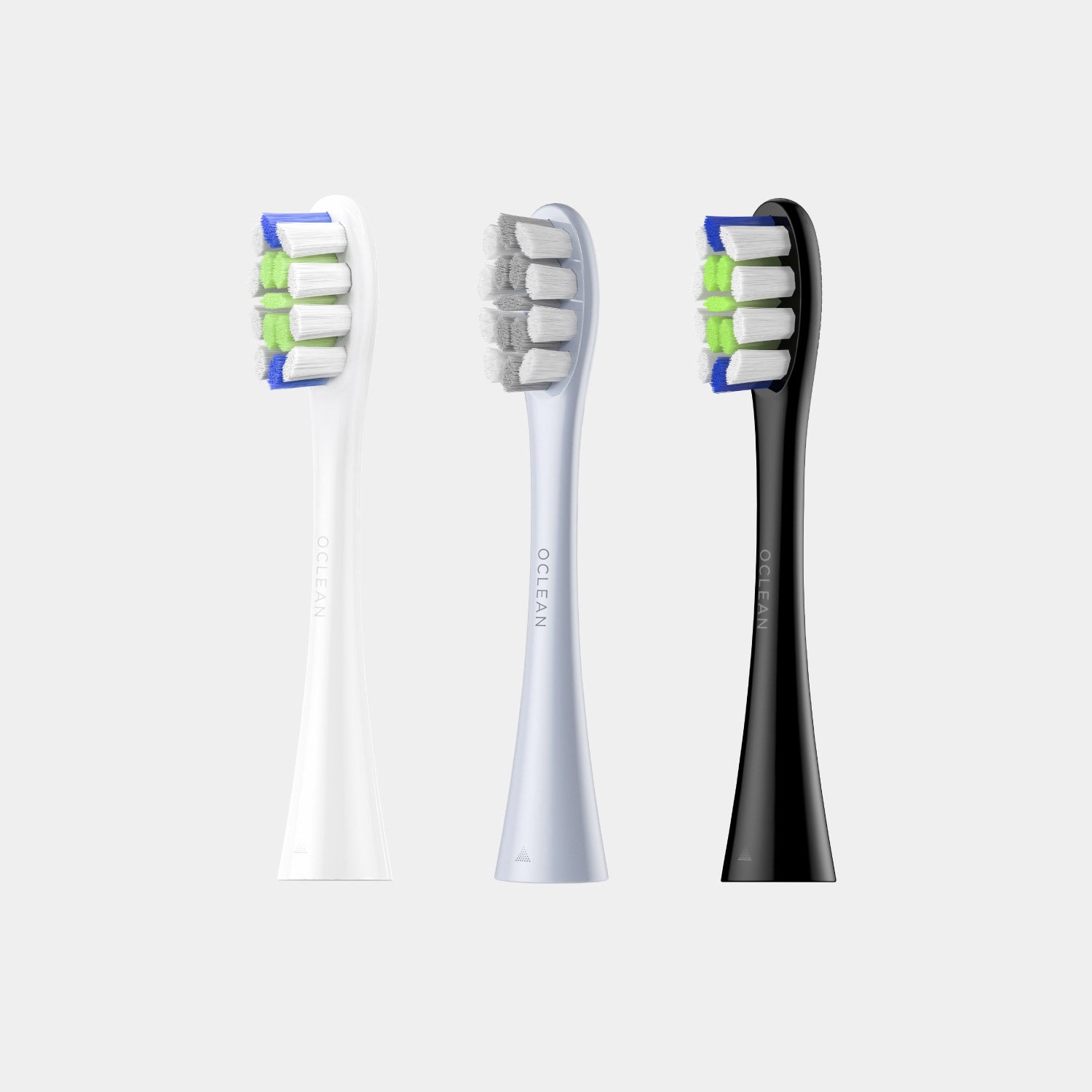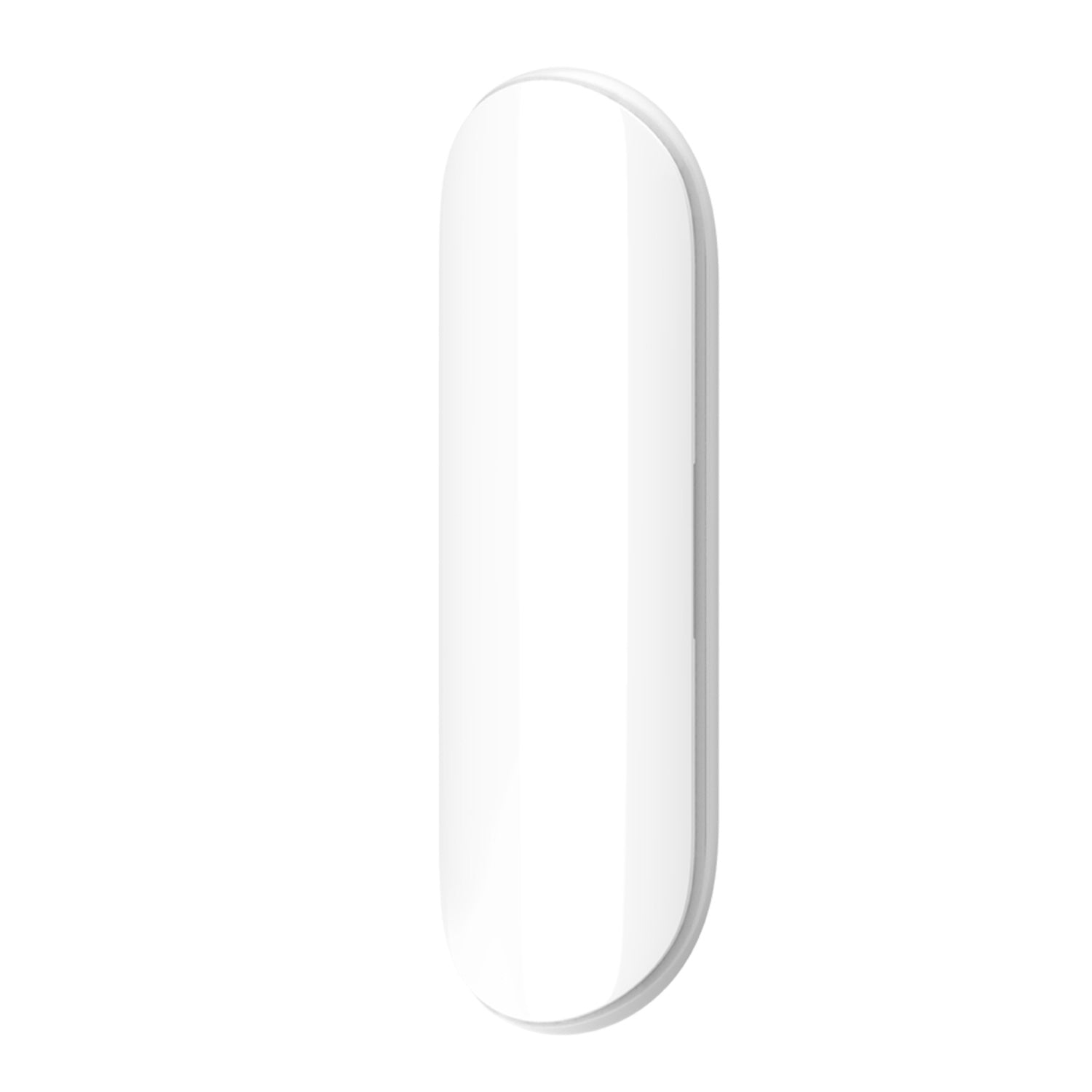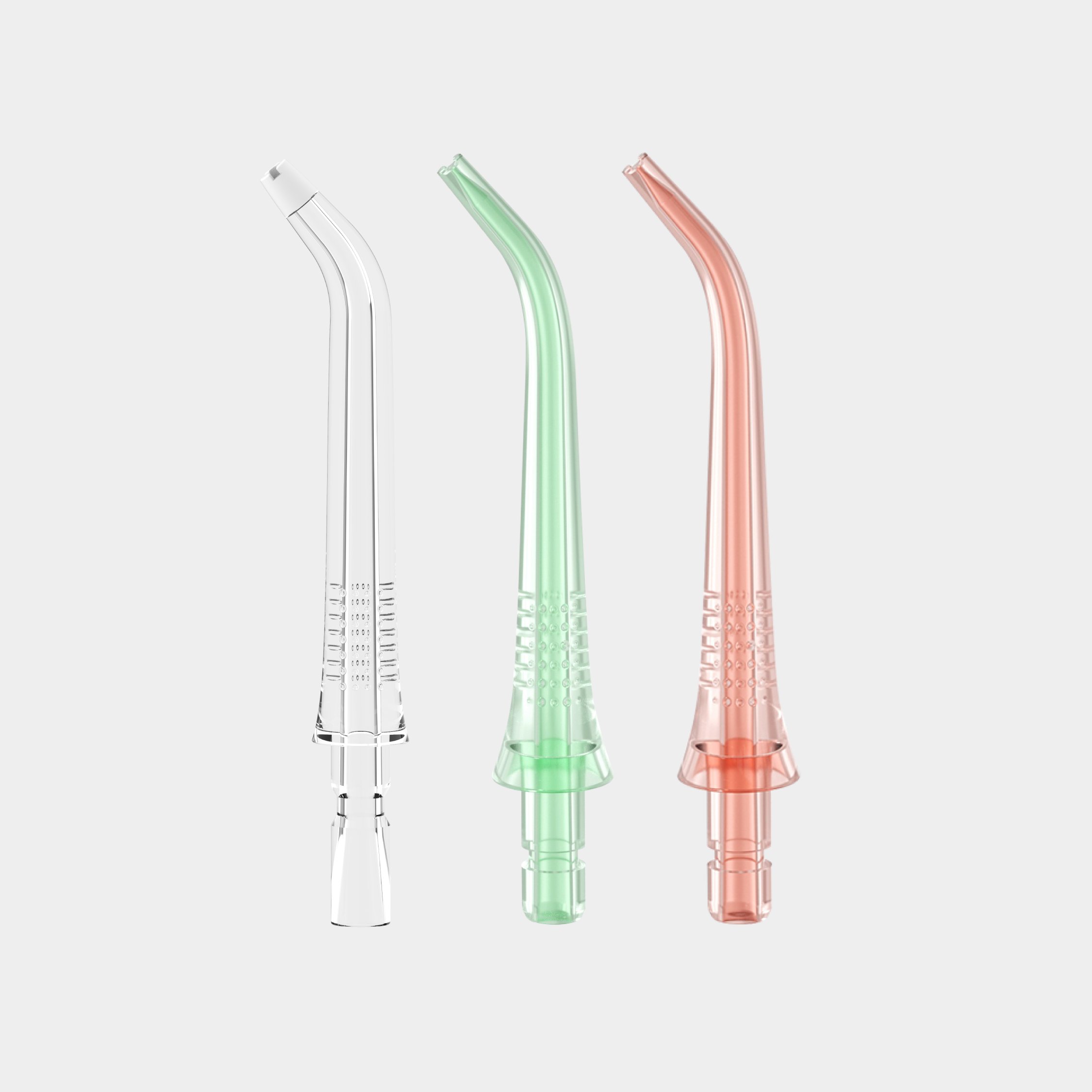Mouthwash, also known as oral rinse, is a common oral hygiene product prescribed by dentists to address various oral health concerns, including bad breath and gum inflammation. While its intended use involves swishing the solution in your mouth and then spitting it out, it's not uncommon for people to accidentally swallow small amounts of mouthwash during the process. This article explores what you should know about swallowing mouthwash, its ingredients, potential effects, and alternatives.
What Does Mouthwash Contain?
Mouthwashes come in various formulations, categorized by the U.S. Food and Drug Administration (FDA) as either cosmetic or therapeutic. Cosmetic mouthwashes aim to whiten teeth, while therapeutic ones target specific oral issues like gum inflammation. Active ingredients may include cetylpyridinium chloride, chlorhexidine, essential oils, fluoride, and hydrogen peroxide, each designed to address particular oral health concerns.
Understanding Mouthwash Overdose
A mouthwash overdose occurs when a person ingests more mouthwash than the recommended amount, potentially leading to adverse effects. Overdosing on mouthwash can be as harmful as overdosing on medications or drugs and should be taken seriously.
Effects of Swallowing a Small Amount of Mouthwash
Accidentally swallowing a small amount of mouthwash is a common occurrence and generally not a cause for significant concern. It may lead to minor irritation in the stomach, resulting in symptoms like diarrhea or slight nausea. This can be attributed to the fluoride component in the mouthwash, but no severe health issues are typically associated with ingesting small quantities.
However, ingesting a large amount of mouthwash is a different matter and can lead to serious consequences.
Effects of Overdosing on Mouthwash
Ingesting a substantial quantity of mouthwash warrants immediate contact with emergency services. Overdosing on mouthwash can result in various symptoms, including:
1.Difficulty breathing
2.Nausea and vomiting
3.Convulsions
4.Dizziness
5.Throat pain
6.Drowsiness
7.Slurred speech
8.Rapid heart rate
In severe cases, multiple organ failure (MOF) and even death have been reported as outcomes of ingesting a large amount of mouthwash.
Poisonous Ingredients in Mouthwash
Certain ingredients in mouthwash can contribute to harmful effects following an overdose. These include:
1.Chlorhexidine gluconate
2.Ethanol (ethyl alcohol)
3.Hydrogen peroxide
4.Methyl salicylate
Treating a Mouthwash Overdose
Emergency services are equipped to manage individuals who have ingested excessive amounts of mouthwash. Treatment typically involves:
1.Administering intravenous fluids to dilute the mouthwash concentration in the body.
2.Providing respiratory support if the patient experiences breathing difficulties.
3.Administering appropriate medications to address symptoms.
Hospitalization duration depends on the quantity and concentration of swallowed mouthwash, but lengthy stays are generally not expected when timely treatment is administered.
An Alternative to Mouthwash: The Water Flosser
Parents and individuals concerned about accidentally ingesting mouthwash may seek alternatives for oral hygiene. One effective alternative is using a water flosser, which utilizes a stream of water to clean teeth and gums thoroughly. Water flossers can reach areas that mouthwash can and are a valuable option to consider.
In Conclusion
Accidentally swallowing a small amount of mouthwash during oral hygiene routines is typically not a cause for concern. However, ingesting a substantial quantity of mouthwash can result in severe consequences and should prompt immediate contact with emergency services.
To prevent such emergencies, individuals may explore alternatives like water flossers, which offer effective oral hygiene without the risk of accidental ingestion.
*Cover image from Freepik@wayhomestudio, we will delete it if constitutes infringement *


